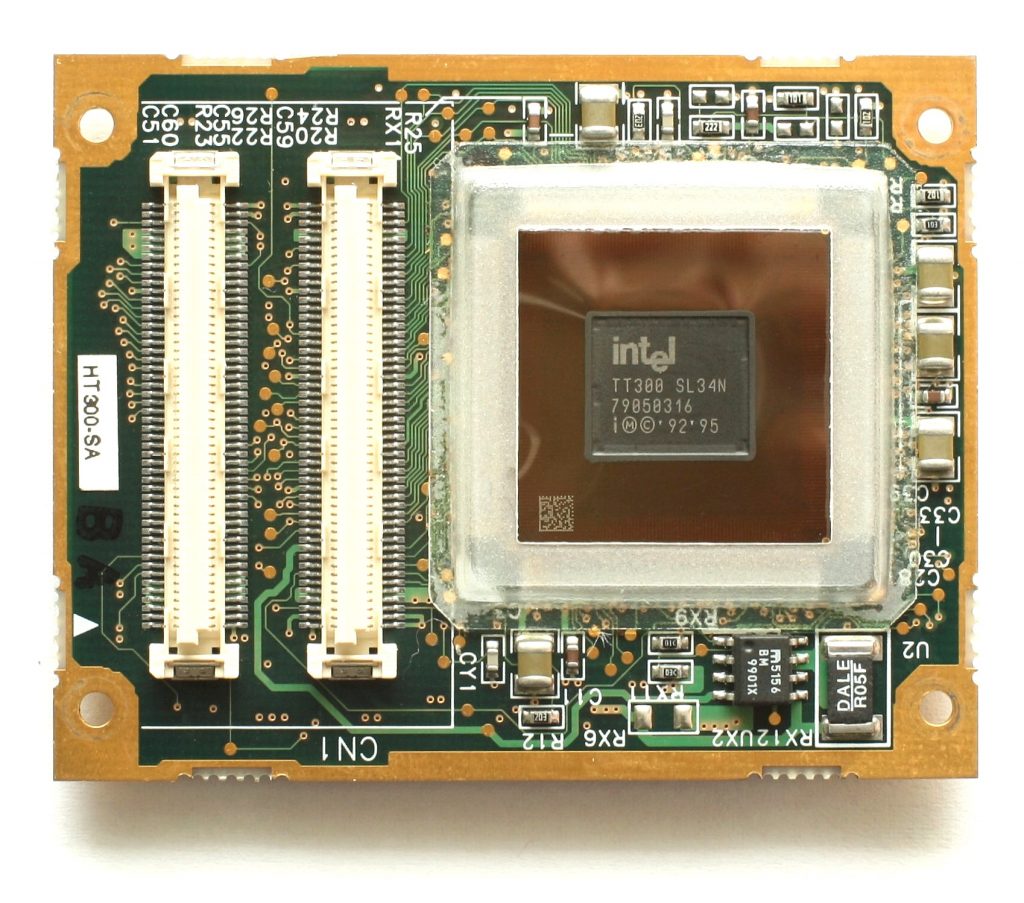When it comes to electronic devices, batteries are an essential component that powers them. But is a battery considered an electronic component? The answer is yes, but it's not as simple as it seems.
Firstly, let's define what an electronic component is. An electronic component is a basic element that is used to build electronic circuits. These components can be active or passive, and they include resistors, capacitors, transistors, diodes, and integrated circuits. These components are used to control the flow of electricity in a circuit.
Now, let's look at batteries. A battery is an electrochemical device that converts chemical energy into electrical energy. It consists of one or more electrochemical cells that store energy and release it as needed. Batteries come in different types, such as alkaline, lithium-ion, nickel-cadmium, and lead-acid.
So, why is a battery considered an electronic component? Batteries are used to power electronic devices, and they are often integrated into electronic circuits. For example, a battery can be used to power a circuit that controls the temperature of a room. In this case, the battery is an essential component of the circuit.
Moreover, batteries can also be used as backup power sources for electronic devices. For instance, a UPS (uninterruptible power supply) uses a battery to provide power to a computer in case of a power outage. In this case, the battery is not a part of the electronic circuit, but it is still an essential component of the device.
In conclusion, a battery is considered an electronic component because it is used to power electronic devices and can be integrated into electronic circuits. It is an essential component that provides energy to electronic devices and ensures their proper functioning.


More Stories
Smart Dynamic Cycling Helmet with Warning Lights for Real Roads
JK durable OLED screen for phone repair: Troubleshooting "Black Screen" and flex cable connection issues
Reducing Line Losses and Enhancing Efficiency with Sun.King Capacitors for AC Railway Power Networks